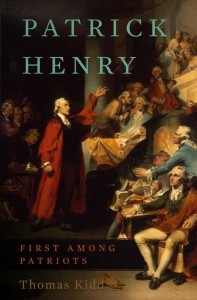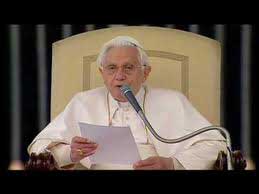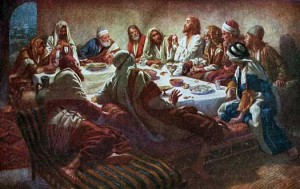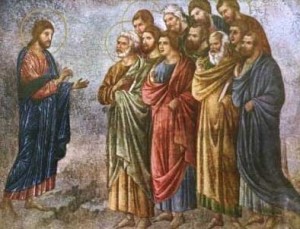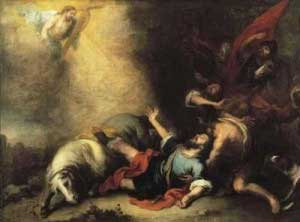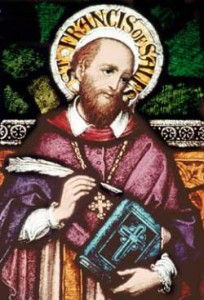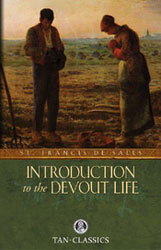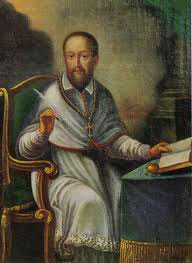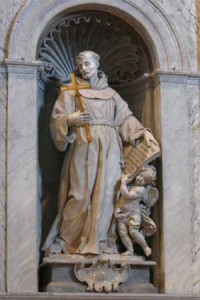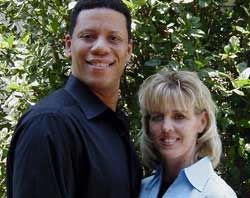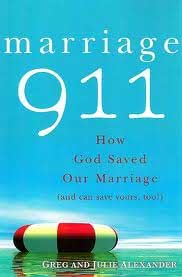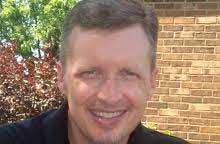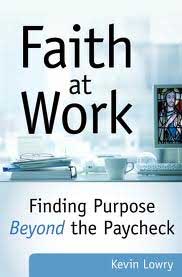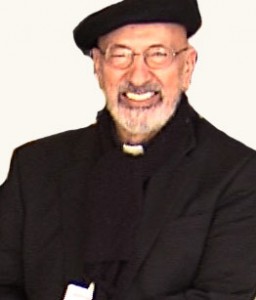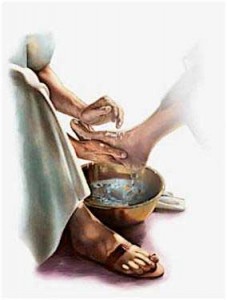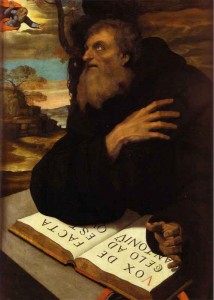Christopher West is a pioneer in the area known as “The Theology of the Body”, a teaching found in the Wednesday audiences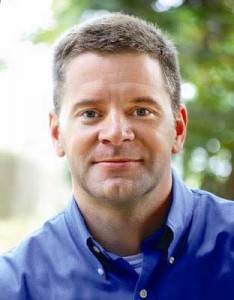 of Bl. John Paul II over the course of many years. In “The Heart of the Gospel: Reclaiming the body of the New Evangelization”, Christopher shares his insights and deeper understandings found in over 20 years of experience with this work and it’s relevance for our faith lives today. In the course of the book, he also answers those objections to his approach in the past. He dives deeply into the teachings of Pope Benedict XVI, the teachings of the Saints, and above all, Sacred Scripture to find a richer expression of this important work and its message for our world today. Below is the complete interview I had with Christopher which lasted close to an hour. His humble, candid, honest approach to our discussion reveals his care and concern for the subject and great love for the work given to us by our late great Holy Father, Bl. John Paul II.
of Bl. John Paul II over the course of many years. In “The Heart of the Gospel: Reclaiming the body of the New Evangelization”, Christopher shares his insights and deeper understandings found in over 20 years of experience with this work and it’s relevance for our faith lives today. In the course of the book, he also answers those objections to his approach in the past. He dives deeply into the teachings of Pope Benedict XVI, the teachings of the Saints, and above all, Sacred Scripture to find a richer expression of this important work and its message for our world today. Below is the complete interview I had with Christopher which lasted close to an hour. His humble, candid, honest approach to our discussion reveals his care and concern for the subject and great love for the work given to us by our late great Holy Father, Bl. John Paul II.
Podcast: Play in new window | Download (Duration: 58:34 — 53.6MB) | Embed
Subscribe: Apple Podcasts | Spotify | Amazon Music | Android | Pandora | iHeartRadio | JioSaavn | Podchaser | Gaana | Podcast Index | Email | TuneIn | Deezer | Anghami | RSS | More
You can find Christopher’s book here
“The light of the Gospel, which is a clear but at times painful light, can illumine human sexuality to its very depth in order to transform it and bring it to its full beauty. Here lies the great strength of Blessed John Paul II’s Theology of the Body. In this peaceful and positive response to critics, Christopher West proves once again that he is a faithful and inspiring interpreter and communicator of this great pope’s teaching, a teaching so urgently needed for an effective proclamation of the Gospel.” —Christoph Cardinal Schönborn, cardinal archbishop of Vienna; general editor, Catechism of the Catholic Church; and grand chancellor, International Theological Institute for Studies on Marriage and the Family
“Christopher West has gone to the desert … and come back stronger than ever. Those who may previously have thought his work was one-sided in its celebration of the body and sexuality will find here, brought out more clearly than ever, the deep balance and integration that has always been the foundation of his work.” – Most Reverend Robert J. Carlson, Archbishop of Saint Louis, Chairman, USCCB Committee on Clergy, Consecrated Life and Vocations

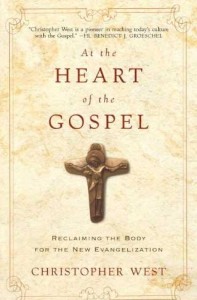
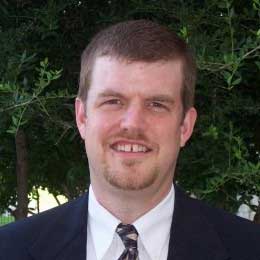 with Dr. Thomas Kidd is an important one. Dr. Kidd gives us the life and passionate thought of “Patrick Henry: First Among Patriots”. Patrick Henry gave us the great rallying cry “Give me Liberty or Give me Death”, and yet many of us may not realize that he had huge reservations about the scope of the Constitution, because he feared it could one day seize that liberty and destroy it if allowed to go unchecked….very interesting. I found this to be a fascinating book. Would Patrick Henry’s concern turn out to be a prophetic one? Dr. Thomas Kidd handles his subject well, and presents the time, place and overall personality of Henry with clarity and insight in a very compelling read.
with Dr. Thomas Kidd is an important one. Dr. Kidd gives us the life and passionate thought of “Patrick Henry: First Among Patriots”. Patrick Henry gave us the great rallying cry “Give me Liberty or Give me Death”, and yet many of us may not realize that he had huge reservations about the scope of the Constitution, because he feared it could one day seize that liberty and destroy it if allowed to go unchecked….very interesting. I found this to be a fascinating book. Would Patrick Henry’s concern turn out to be a prophetic one? Dr. Thomas Kidd handles his subject well, and presents the time, place and overall personality of Henry with clarity and insight in a very compelling read.